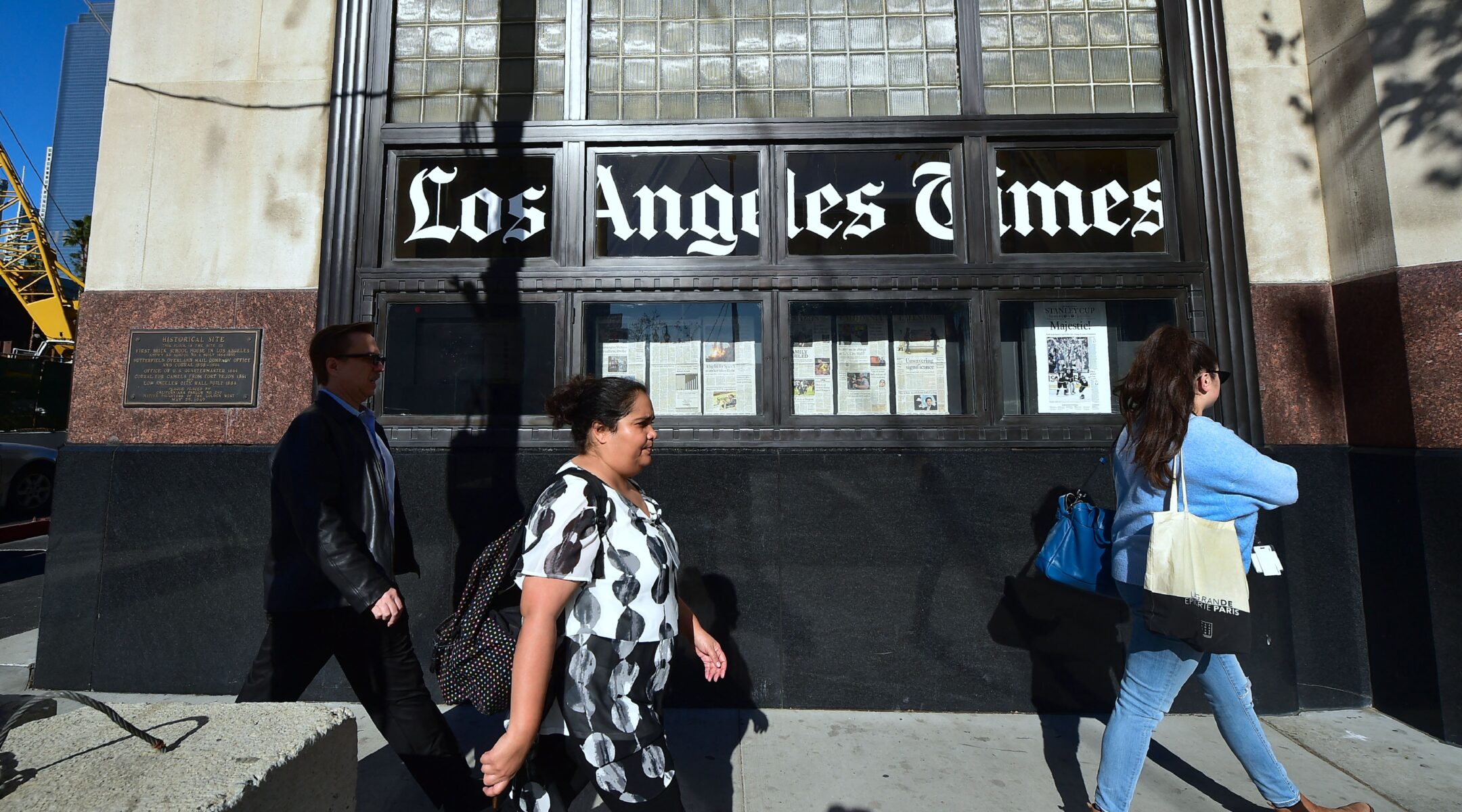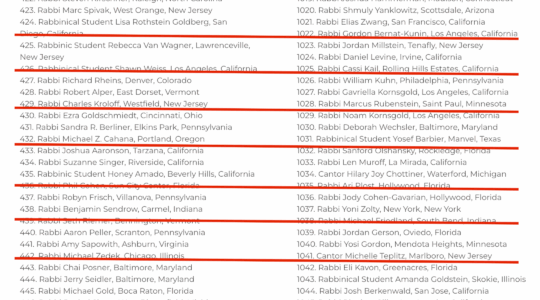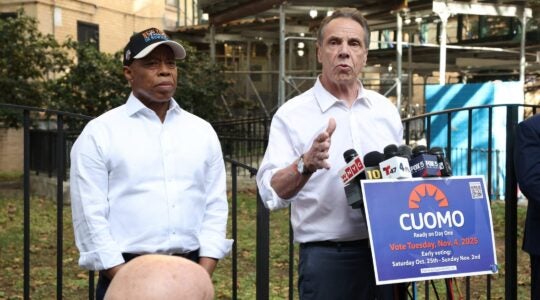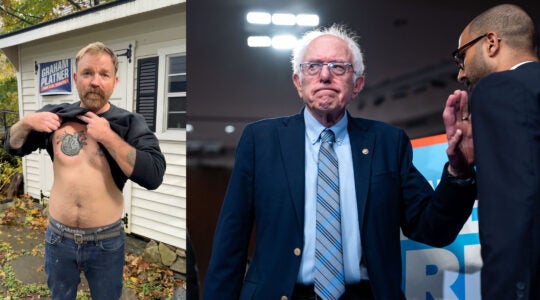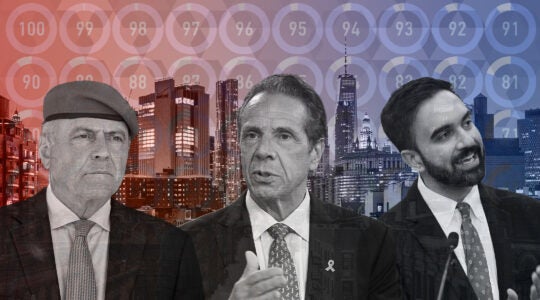The daughter of the owner of the Los Angeles Times says the newspaper’s decision not to endorse a presidential candidate reflects her family’s opposition to U.S. support for Israel’s war in Gaza.
“Our family made the joint decision not to endorse a Presidential candidate,” Nika Soon-Shiong said in a statement issued to the New York Times on Saturday. She added, “As a citizen of a country openly financing genocide, and as a family that experienced South African Apartheid, the endorsement was an opportunity to repudiate justifications for the widespread targeting of journalists and ongoing war on children.”
Soon-Shiong, who has long broadcast her progressive and pro-Palestinian views, had previously made an ambiguous comment on X, saying that she supported the non-endorsement and adding, “For me, genocide is the line in the sand.”
Patrick Soon-Shiong rebuffed his daughter’s claim in a statement Saturday, saying that his daughter had not played a role in the newspaper’s decision not to back a candidate in the Kamala Harris-Donald Trump race.
The L.A. Times also reported that the paper’s owner said in an interview that the war in Gaza had not played a role in the decision, which came after the paper’s editorial board had drafted an endorsement of Harris. Multiple members of the editorial board have resigned in response to the blocked endorsement, which the news outlet Semafor first reported on Tuesday. It said that the decision had come without explanation.
The saga offers an illustration of the degree to which the Israel-Hamas war is looming large in an election widely seen as of virtually unprecedented significance. Some Jewish voters say they are hanging their votes on their perception of the candidates’ support for Israel, while the “Uncommitted” movement has urged voters to withhold support from Harris to protest the Biden-Harris administration’s backing of Israel in the war. In a race where polls show dead heats in several states, those small constituencies could make a big difference.
In explaining his decision not to allow the paper to make an endorsement, Patrick Soon-Shiong, a businessman who bought the L.A. Times in 2018, said he did not want to add to divisions in the country. He also said he had invited the editorial board to publish critiques of both candidates’ policy positions but that the board had declined.
Many at the paper and beyond recalled other instances where Soon-Shiong sought to intervene in the paper’s coverage, against the standards of independent journalism, and questioned whether he had held the paper back from making an endorsement because of his business interests.
Others also argued that refraining from endorsing shortly before the election, rather than well in advance, represented a de-facto endorsement.
“What steams me is that a decision against an editorial at this point is actually a decision to do an editorial — a wordless one, a make-believe-invisible one that unfairly implies that she has grievous faults that somehow put [Harris] on a level with Donald Trump,” the Jewish journalist Karin Klein wrote in a statement on Facebook explaining why she had resigned and unsubscribed from the paper. “Patrick Soon-Shiong is doing the opposite of the neutrality he said he was seeking.”
Klein said in her statement that she had previously considered resigning over coverage that she considered antisemitic. Responding to a request for more details, she declined to elaborate upon her concerns.
The decline of the newspaper industry combined with increased political polarization and media distrust in the United States has severely diminished the number of papers making endorsements, once seen as a crucial milestone for candidates.
The Washington Post also announced on Friday that it would break from a half-century of tradition and not make an endorsement in the presidential race — and would not endorse in any subsequent presidential races, as well. The paper reported that the decision was made by owner and Amazon CEO Jeffrey Bezos, who drew frequent criticism from Trump over the paper’s coverage during Trump’s first term.
“We recognize that this will be read in a range of ways, including as a tacit endorsement of one candidate, or as a condemnation of another, or as an abdication of responsibility. That is inevitable,” the newspaper’s publisher and CEO, William Lewis, said in a column. “We don’t see it that way.”
As at the L.A. Times, the decision has prompted resignations; internal dissent; and canceled subscriptions.
JTA has documented Jewish history in real-time for over a century. Keep our journalism strong by joining us in supporting independent, award-winning reporting.
